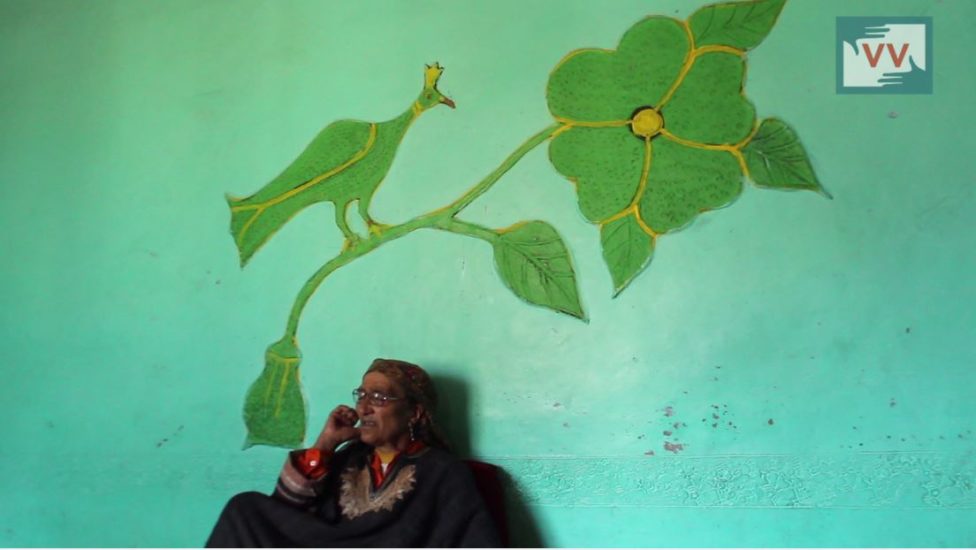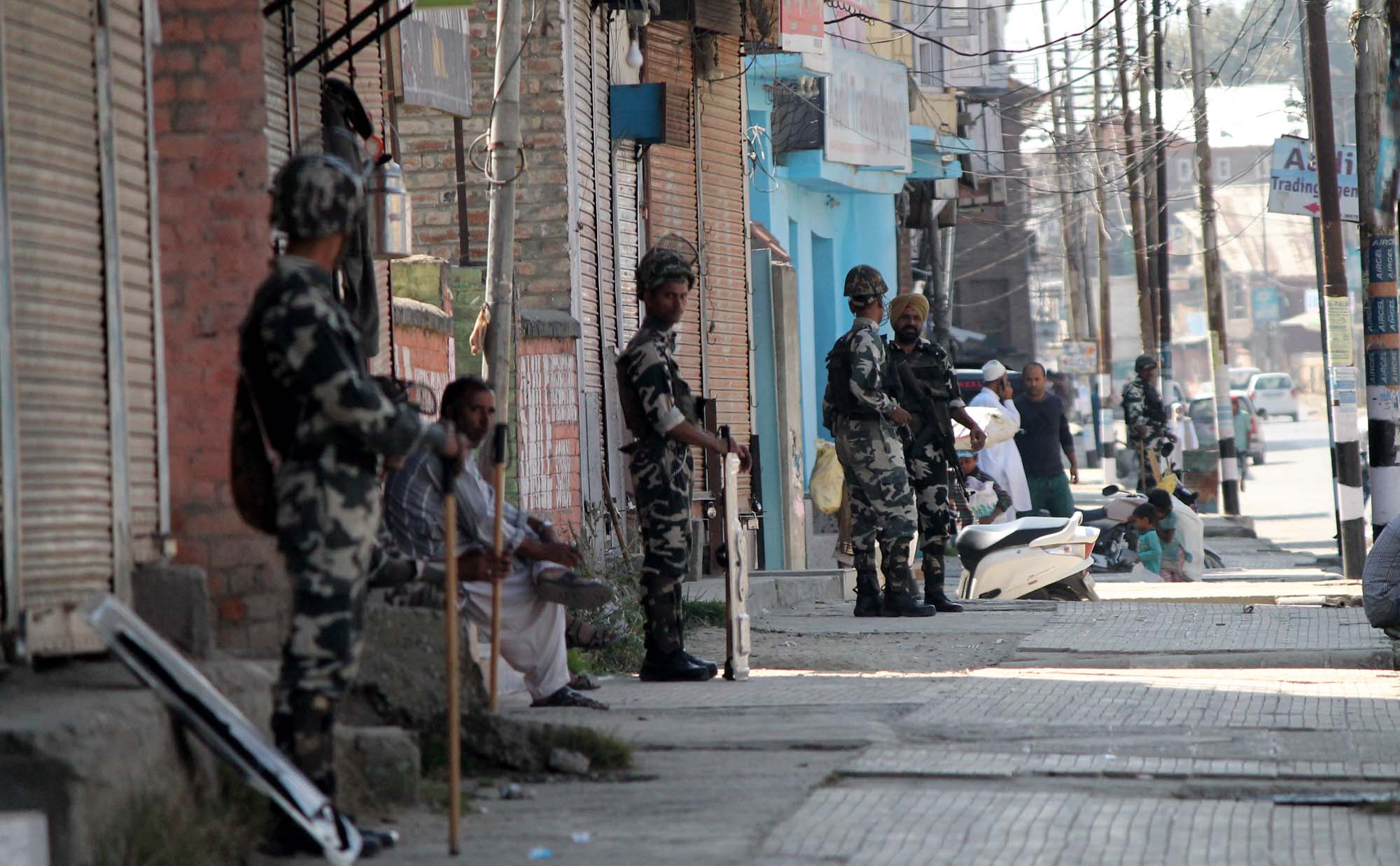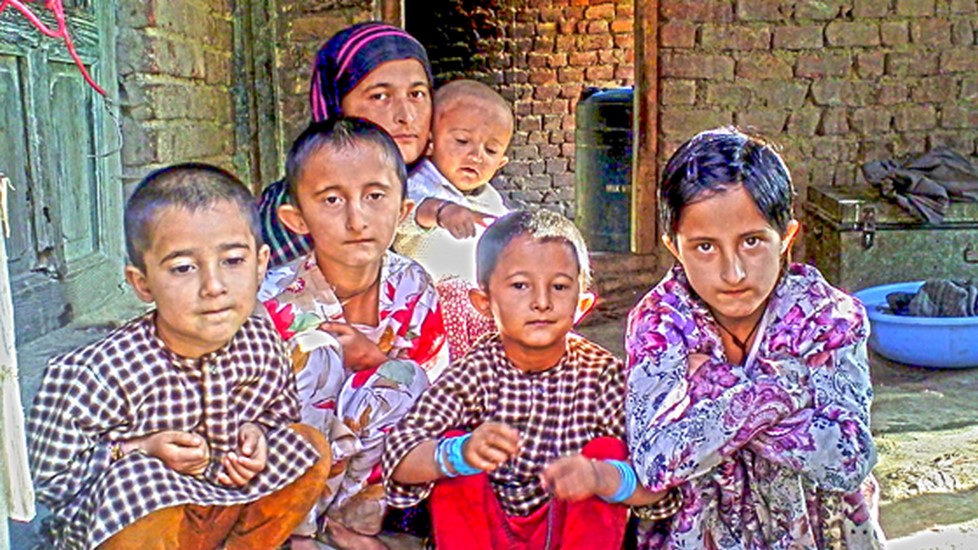Residents of Banyari and Makdoomyari villages near Wular Lake rely on water chestnut farming for their livelihoods, a challenge mirrored globally as water bodies face degradation. Wetlands, lakes, and rivers are critical for livelihoods, supporting agriculture, aquaculture, and biodiversity. However, over 50% of global wetlands have been lost since 1900 due to pollution, climate change, and unregulated development.
The costs have declined over the years and government has made this work particularly difficult for the community
For instance, the Mekong River sustains millions through fishing but is threatened by dam construction, affecting local economies and ecosystems. Sustainable management of these water bodies is crucial to preserve such livelihoods, unregulated land use and pollution in Wular Lake mirror similar challenges faced by India’s Chilika Lake, where community-driven conservation efforts have revitalized fisheries and tourism. Such examples highlight the potential of integrated approaches to restore ecosystems, ensuring both environmental sustainability and economic resilience.










